Benefits Given to Families of Deceased Kenyan MPs
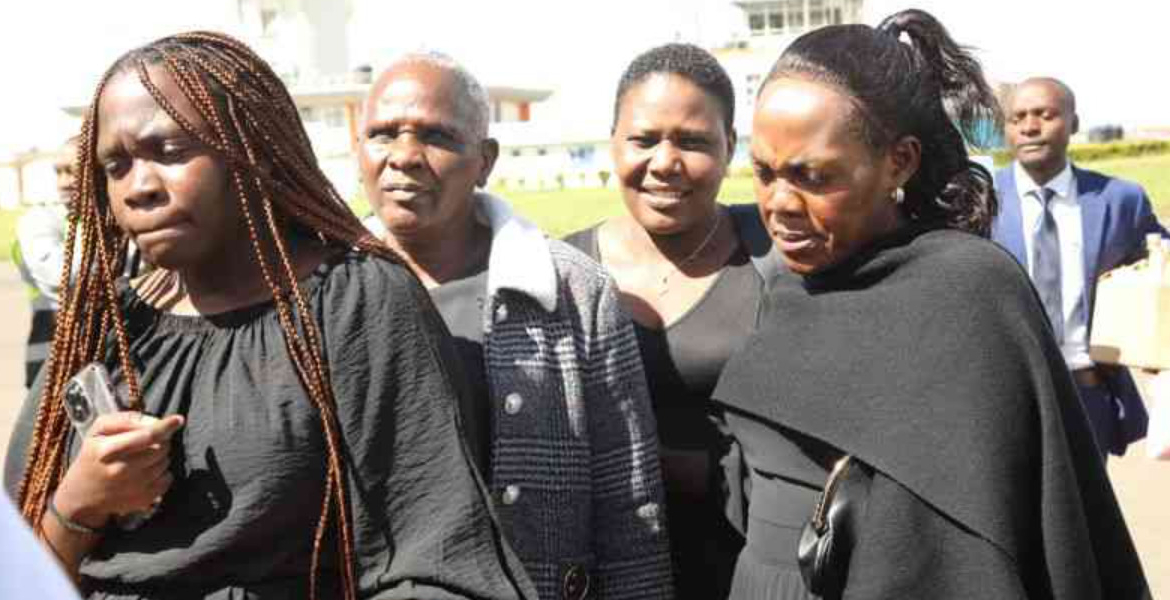
Kenya’s National Assembly has pledged full financial support for the funeral arrangements of Kasipul Member of Parliament (MP) Charles Ong’ondo Were, who was recently murdered.
Speaker Moses Wetangula announced the commitment on Tuesday, detailing that Parliament will cover morgue fees, the cost of airlifting the deceased MP’s body, and travel expenses for his family, ensuring a dignified sendoff. Kenyan law provides a structured system of financial support for the families of sitting MPs who pass away while in office. These entitlements, outlined in the Parliamentary Pension Act, aim to alleviate the financial burden faced by bereaved families.
One of the primary benefits is the death gratuity, a lump sum payment equivalent to five times the deceased MP’s annual basic salary. This payment is disbursed to the legal heirs of the late legislator to provide immediate financial relief. Additionally, MPs are covered under a group life insurance scheme, which ensures their families receive compensation upon their demise, serving as an added layer of financial security, supplementing other pension-related entitlements.
Lawmakers who have served in Parliament for a period exceeding ten years entitle their families to pension benefits. Widows of deceased MPs receive lifetime pension payments, provided they do not remarry. Children, if eligible, can continue to access these pension benefits until they reach the age of 24. In cases where an MP leaves behind multiple spouses, the distribution of benefits is subject to Kenya’s legal recognition of polygamous marriages and parliamentary pension guidelines.
In addition to direct financial support, the government typically covers funeral and transportation expenses, including the cost of repatriating the deceased’s body to their home constituency. This aspect of government assistance is regarded as an official acknowledgement of the legislator’s service to the nation. Before families can access these entitlements, they must navigate legal and administrative procedures. A personal representative must be appointed through the courts, and the administrator’s name must be formally published in the Kenya Gazette to allow for any objections.
Amidst the ongoing funeral preparations, investigations into MP Ong’ondo Were’s murder are intensifying. On Wednesday, police confirmed the recovery of the firearm used in his fatal shooting, marking a significant breakthrough in the case. Inspector General of Police Douglas Kanja revealed that forensic ballistic tests have positively identified a Sarsilmaz pistol as the weapon used to fire the five bullets that killed the MP. The firearm was found at the residence of one of the suspects, further linking them to the crime.
Investigators discovered that the same pistol had been previously used in multiple criminal activities, including at least three robberies in Nairobi and Kiambu—one of which occurred just four days before Were’s murder. A second firearm, a Retay Falcon pistol, was also recovered from a house in Kayole, along with two suspects believed to have played a role in the killing.
Forensic experts from the Directorate of Criminal Investigations (DCI) are now analyzing key evidence to build a strong case against the ten suspects in custody. Among the crucial exhibits under scrutiny are bullets retrieved from Were’s body and vehicle during an autopsy on May 2, along with CCTV footage, suspect vehicle details, and financial transactions.
“These exhibits are undergoing forensic analysis to further strengthen the case and clarify the circumstances surrounding Hon. Were’s murder,” said Kanja, adding that police intend to piece together all available evidence to ensure justice is served.
Authorities have so far remained cautious about speculating on the motive behind the MP’s killing. Interior Principal Secretary Raymond Omollo emphasizes that ongoing investigations would eventually determine the reason behind the attack. Among the suspects are four individuals directly linked to the crime scene. They were set to appear in court on Thursday morning at JKIA Law Court to face murder-related charges. One of the key suspects, businessman Philip Aroko, surrendered himself to the DCI.
"It is too early to speculate about the motive, but at least from the update regarding firearms, it is clear that the same gun was used to shoot the MP," Omollo stated.

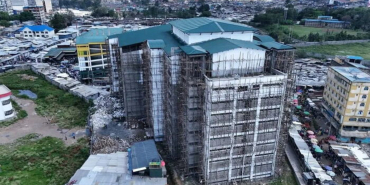
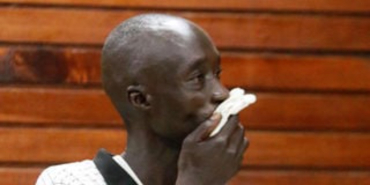
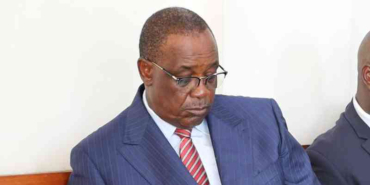

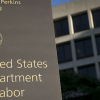

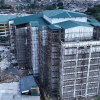
Add new comment